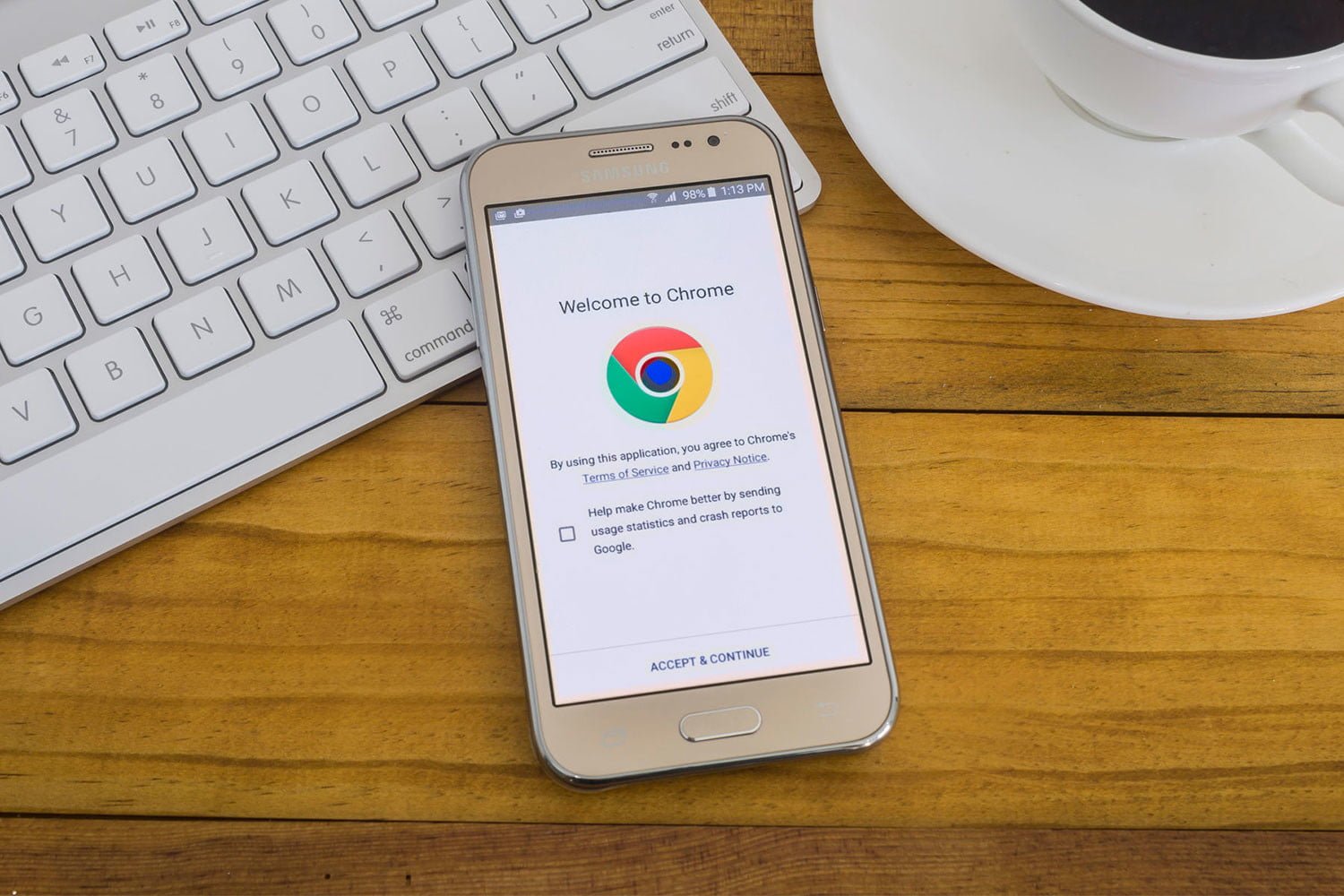Google wants to improve the integration of Chrome with antivirus. Google Chrome is the most widely used browser, and both the Google engineering team and the various participants in Chromium are working hard to improve its performance and features, but there are still some areas for improvement. I’m not going to talk about memory management.
- Chrome Actions: Type commands in the address bar to quickly execute actions
- Google will make Chrome extensions more secure
- The new Google Chrome update improves performance but limits tabs
I its integration with the various security solutions (antivirus, suites, etc.) available on the market, which users use to protect themselves from the huge volume of threats that are activated as soon as you switch on your PC and it connects to the Internet. These threats can turn your system into a bot in the service of cyber-criminals, steal your data to extort money, take over your credit card to empty your bank account. A universe of threats for which you must be prepared.
The problem with Google Chrome is that even though some antivirus manufacturers have made efforts to improve their integration with the browser, many processes slow down substantially when security software has to monitor them. From accessing a website to downloading a file, many operations are monitored by this software, and the way Windows and Google Chrome handle these processes results in those pauses that slow down the processes.

The good news, as we can read on Chromium’s development page, is that those responsible for Google Chrome already know the cause of this problem is and therefore they have already proposed a solution. This is what we can read on the development page: “Anti-virus programs and other scanners may briefly lock new files which can lead to frequent problems with saving bookmarks and other files that use the ImportantFileWriter. This attempts to deal with this by retrying the racy ReplaceFile step a few times. This is only done on Windows because that is hoped to be the only place where it happens.”
Google wants to improve the integration of Chrome with antivirus. The solution proposed, and that is only necessary for Windows because that is where this problem occurs, is to modify the behavior of the browser in downloads and other accesses to the disk for writing and modifying files. With this change, the volume of operations supervised by the operating system (not by the antivirus) that generate these “micro-cuts” would be reduced and, therefore, when carrying out these actions with Google Chrome (and, of course, the rest of the browsers based on Chromium), the processes would be perceptibly faster.





